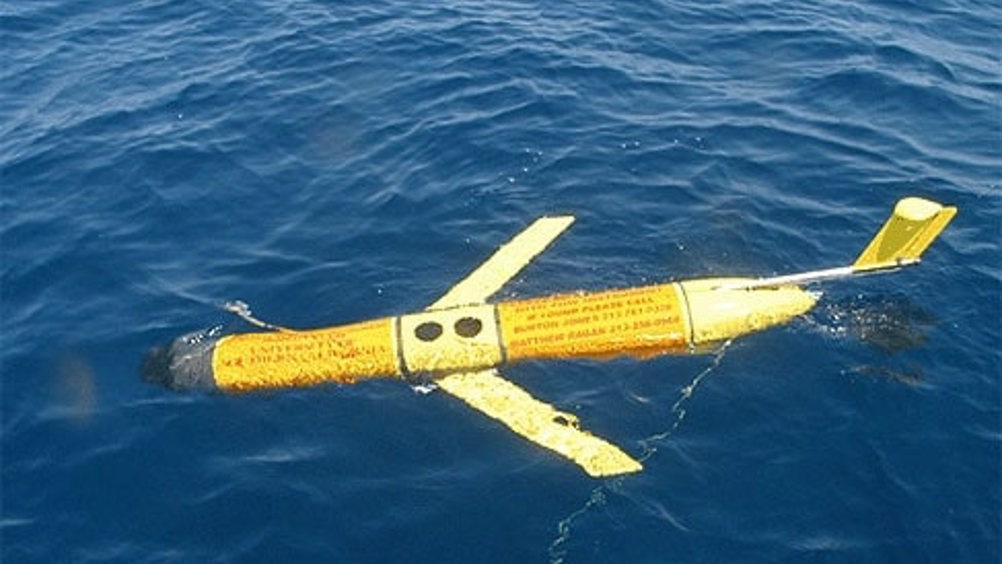Funding awarded to ocean-going robot projects
A competition to improve ocean research methods has awarded £250,000 to five bidders looking to develop robot technology.

Five proposals have each been awarded £50,000 to develop an integrated system for the National Oceanography Centre that will coordinate a suite of autonomous systems – such as a fleet of gliders – to gather data over a period of months at sea.
Recipients of Phase One contracts - Exeter University, SeeByte, Marine South East, RED Scientific, and the Frazer-Nash Consultancy - now have three months to produce a workable concept.
The competition was launched last year by the Natural Environment Research Council (NERC) with Innovate UK’s Small Business Research Initiative (SBRI), in partnership with the Defence Science and Technology Laboratory (Dstl).
In a statement Geraint West, director of National Marine Facilities at the National Oceanography Centre said: ‘Unmanned surface vehicles, underwater gliders and autonomous submarines are already delivering observations in the open ocean over timescales of weeks and months.
‘Building on the success of our previous Small Business Research Initiative, the aim is to work with industry to move unmanned autonomous technology further forward and develop a network that can respond to changing situations in an integrated way.
Register now to continue reading
Thanks for visiting The Engineer. You’ve now reached your monthly limit of news stories. Register for free to unlock unlimited access to all of our news coverage, as well as premium content including opinion, in-depth features and special reports.
Benefits of registering
-
In-depth insights and coverage of key emerging trends
-
Unrestricted access to special reports throughout the year
-
Daily technology news delivered straight to your inbox










Construction industry lags in tech adoption
Are these the best people to ask "Insights from 2,000 Industry Leaders"? - what would their customers views be like (perhaps more...